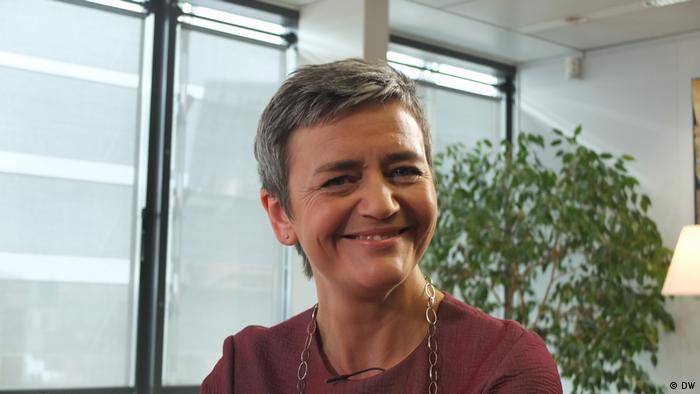The EU competition authorities imposed the penalty, because Mastercard raised for many years due to high fees for credit card transactions. This is the so-called inter-Bank fees. These relate to dealers and customers.

The card payment providers have detained dealers to benefit from better conditions offered by banks from other countries in the EU internal market, in breach of antitrust rules, the EU Commission in Brussels. As a result, the costs for the customers are increased.
Background the so-called inter-Bank fees, in the case of a purchase between the Bank, such as a super market and the money the house of the customer are due. When consumers use in-store, or on the Internet, a credit card pays the merchant’s Bank to the Bank of the card holder this fee. The dealer Bank may transfer to the retailer, makes it into the final price. The costs are ultimately passed on to all consumers – even to those who aren’t shopping with a credit card.
“Costs for card payments is driven artificially high”
“European consumers to use payment cards every day, if you buy food or clothes or something on the Internet order. The rules of Mastercard have prevented traders to take better conditions offered by banks in other member States” said EU competition Commissioner Margrethe Vestager. “So the cost of card-driven payments at an artificially high level, to the detriment of the consumers and the retailers in the EU.”

EU competition Commissioner Margrethe Vestager during an appearance in the DW program “Conflict Zone”
The EU Commission estimated that Mastercard was up in 2015, against the antitrust laws of the Union. According to the regulations of Mastercard and the merchant banks had to apply, until then, the charges of the country in which the retailer was located. The inter-Bank fees have been offset by the end of 2015 in Europe. Until then, they differed considerably from country to country. Traders in EU countries with high tariffs were therefore forced to charge higher costs. The Brussels authority concluded that this led to an artificial restriction of the EU internal market and to a restriction of the cross-border competition. Mastercard have said acknowledged the violations, therefore, the penalty had been reduced by ten percent. Mastercard is issuing the same credit cards and the payment card Maestro.
sti/djo (afp, dpa, rtr)